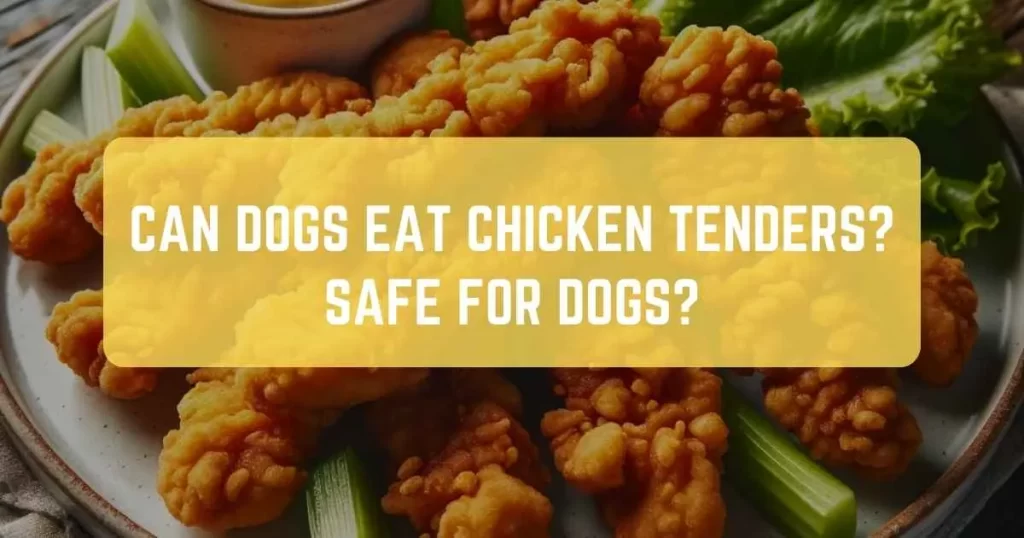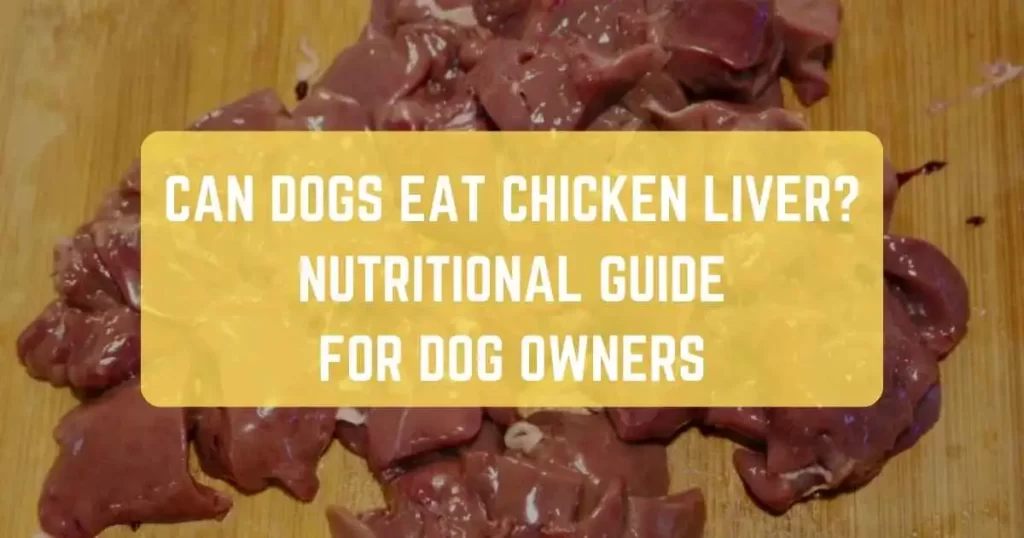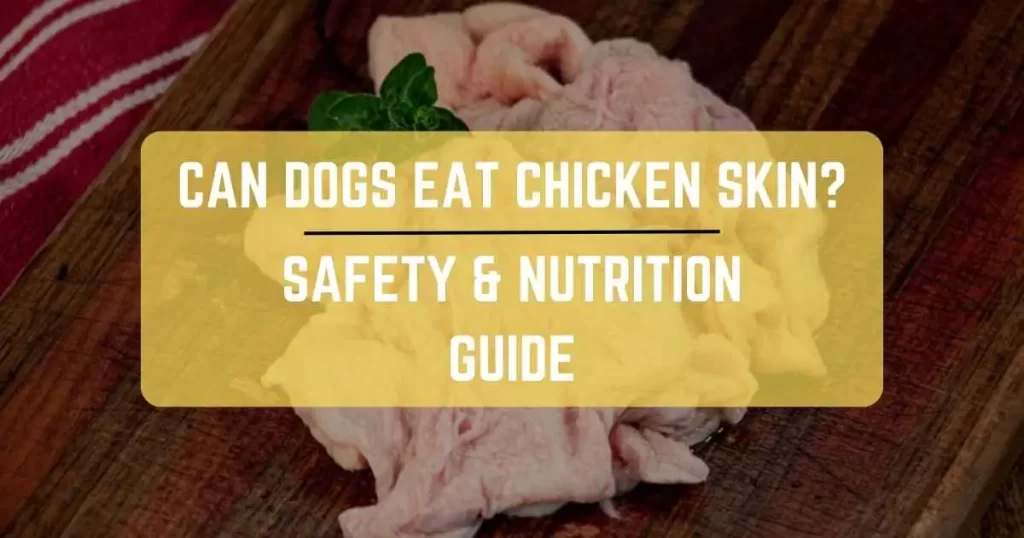
Discover the untapped treasure trove that water chestnuts hold for your furry companion!
Have you ever wondered if your dog can munch on these delectable delights? Unveil the mystery as we delve into the tantalizing world of water chestnuts and their exceptional benefits for your four-legged friend. From hydration to dental health, we’re about to unleash a palate-pleasing journey that your dog can’t afford to miss.
So, let’s dive right in and explore the irresistible allure of water chestnuts – a crunchy sensation that’s both scrumptious and nourishing for your beloved pup.
Can Dogs Eat Water Chestnuts?
Yes, dogs can eat water chestnuts. Water chestnuts are safe for dogs and can be a healthy treat, being a good source of vitamins and fiber. However, they should be given to dogs in moderation as too many water chestnuts can be hard for dogs to digest.
Health Benefits of Water Chestnuts to Dogs
Water chestnuts offer a range of health benefits that can contribute positively to your dog’s overall well-being. Here’s why these crunchy delights can be a valuable addition to your dog’s diet:
- Hydration and Refreshment: With their high water content, water chestnuts can help keep your dog hydrated, especially during warm weather. Their natural moisture can provide a refreshing and nourishing option for your furry friend.
- Digestive Support: The fiber content in water chestnuts aids in promoting healthy digestion for dogs. It helps regulate bowel movements and can be particularly beneficial for dogs with sensitive stomachs or gastrointestinal issues.
- Low-Fat Nutrient Source: Water chestnuts are low in fat, making them a suitable treat for dogs that require weight management or have dietary restrictions. They provide a satisfying crunch without the added calories.
- Vitamins and Minerals: Water chestnuts contain various vitamins and minerals that contribute to your dog’s overall health. These include potassium, which supports heart and muscle function, and B vitamins that help maintain energy levels.
- Dental Health: The act of chewing on water chestnuts can aid in promoting dental health by naturally cleaning your dog’s teeth and gums. The crunchiness helps remove plaque and tartar buildup, contributing to fresher breath and healthier oral hygiene.
Considerations Before Feeding Water Chestnuts to Your Dog
Before you decide to introduce water chestnuts to your dog’s diet, there are a few important considerations to take into account. While water chestnuts are generally safe to consume for dogs to eat, it’s crucial to keep portion sizes in check. Feeding water chestnuts in moderation is key to preventing any potential digestive issues.
Additionally, ensure that the water chestnuts you offer to your furry friend are fresh and free from any additives or seasonings, as dogs should avoid excessive salt intake.
Fresh Raw vs. Cooked Water Chestnuts
You might wonder whether it’s better to serve water chestnuts to your dog in their cooked or raw form. Both options are viable, but they come with their own set of considerations. Raw water chestnuts can be a satisfying crunchy treat, promoting dental health through the natural chewing process. On the other hand, cooked water chestnuts are softer and may be easier for dogs to digest, making them a great option for dogs with sensitive stomachs.
How to Prepare Water Chestnuts for Dogs
Introducing water chestnuts to your dog’s diet can be a delightful experience. Follow these simple steps to prepare water chestnuts for your furry friend:
Step 1: Select Fresh Water Chestnuts Choose fresh water chestnuts that are free from any visible blemishes or signs of spoilage. Freshness is essential to ensure your dog gets the best quality treat. Avoid canned water chestnuts that may contain additives or excess salt.
Step 2: Wash, Peel, and Slice Start by washing the water chestnuts thoroughly to remove any dirt or debris. Peel the outer skin to reveal the crunchy interior. Once peeled, slice the water chestnuts into bite-sized pieces. Ensure the slices are appropriate for your dog’s size, making them easy to handle and chew.
Step 3: Raw or Cooked Options Decide whether you want to serve the water chestnuts raw or cooked. If opting for raw, your dog can enjoy the natural crunchiness that promotes dental health. If you choose to cook them, lightly steam or boil the slices until they’re slightly softened. Let them cool down before offering them to your dog.
Conclusion
In conclusion, water chestnuts are a safe and healthy treat that you can consider adding to your dog’s diet. Their high water content and fiber make them a refreshing and digestion-supporting option.
Remember to follow best practices in preparing and serving water chestnuts to your dog, opting for fresh, peeled, and appropriately portioned pieces. Whether you’re feeding them raw or cooked, water chestnuts can be a delicious and nutritious addition to your dog’s culinary repertoire.
So go ahead and treat your beloved four-legged companion to these crunchy delights while keeping their health and safety a top priority.
Frequently Asked Questions
Is Water Chestnut Safe for Dogs?
Yes, water chestnut is safe for dogs. Dogs can eat water chestnuts that are either raw or cooked without salt. Water chestnuts are a healthy option for dogs as they are high in fiber and vitamins while being low-fat.
However, it’s important to know before feeding water chestnuts to your furry friend that these should be served in moderation due to their hard texture which can make them difficult for dogs to digest.
Can Dogs Eat Canned Water Chestnuts?
Yes, dogs can eat canned water chestnuts. Feeding your dog canned water chestnuts is okay as long as they don’t contain any added salt or other ingredients that could be toxic to dogs. Before feeding your dog water chestnuts from a can, ensure they are rinsed well to remove any preservatives.
Can Dogs Eat Water Chestnut Seeds?
No, it’s not recommended for dogs to eat water chestnut seeds or horse chestnuts as they could potentially be dangerous for dogs due to certain compounds they contain which may be toxic.
Can Dogs Eat Raw Water Chestnuts?
Yes, dogs can eat raw water chestnuts but in moderation and prepared correctly – peeled and sliced – so as not to pose a choking hazard or digestive issues due to their hardness. Raw freshwater chestnuts are packed with nutrients beneficial for your dog’s health.









